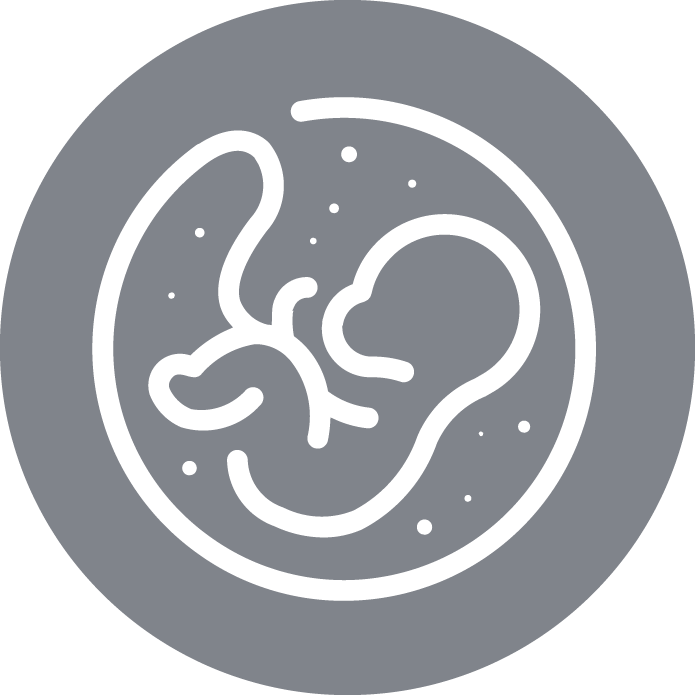IVIRMA and the Swiss embassy meet to address the present and the future of fertility
On the occasion of the 150th anniversary of the Swiss embassy in Spain and Andorra, the World Symposium on Assisted Reproduction was held yesterday, 24 th February, at the Santiago Grisolía Auditorium of the Science Museum. The discussions revolved around, among other issues, public awareness of science, ethics or barriers to access reproductive treatments.
The event, led by the director of IVI Valencia, Dr. Ernesto Bosch, and closed by the Swiss ambassador, Hanspeter Mock, brought together important figures in the field of reproductive medicine, including the director of the WHO Department of Public Health and Environment, Maria Neira.
Telematically, Dr. Neira explained to the attendees how the current context of the health crisis, has affected Assisted Reproduction. For his part, Prof. Antonio Pellicer, CEO of IVIRMA Global, was in charge of welcoming and thanking those attending the conference with a speech about the demographic winter that Spain is experiencing and the need to promote fertility.
Speakers from different parts of the world gathered at the symposium, with the aim of contributing their vision regarding the current state of Assisted Reproduction, with Prof. Juan Antonio García Velasco, Scientific Director of IVIRMA Global, as one of the representatives for Spain. Prof. Velasco stressed the importance of science and Artificial Intelligence (AI) when it comes to improving people's quality of life, its proof being the different advances in reproductive medicine.
“The world of AI is going to help us make decisions that are increasingly simple and precise, as well as being able to better understand how the ovaries stop working, how we can put them back on track, and of knowing which embryo to select to achieve the best result in the shortest possible time. All this is possible by relying on technological development which, together with the careful and personalized treatment of the patient, will help us make things better and better”, added García Velasco.



